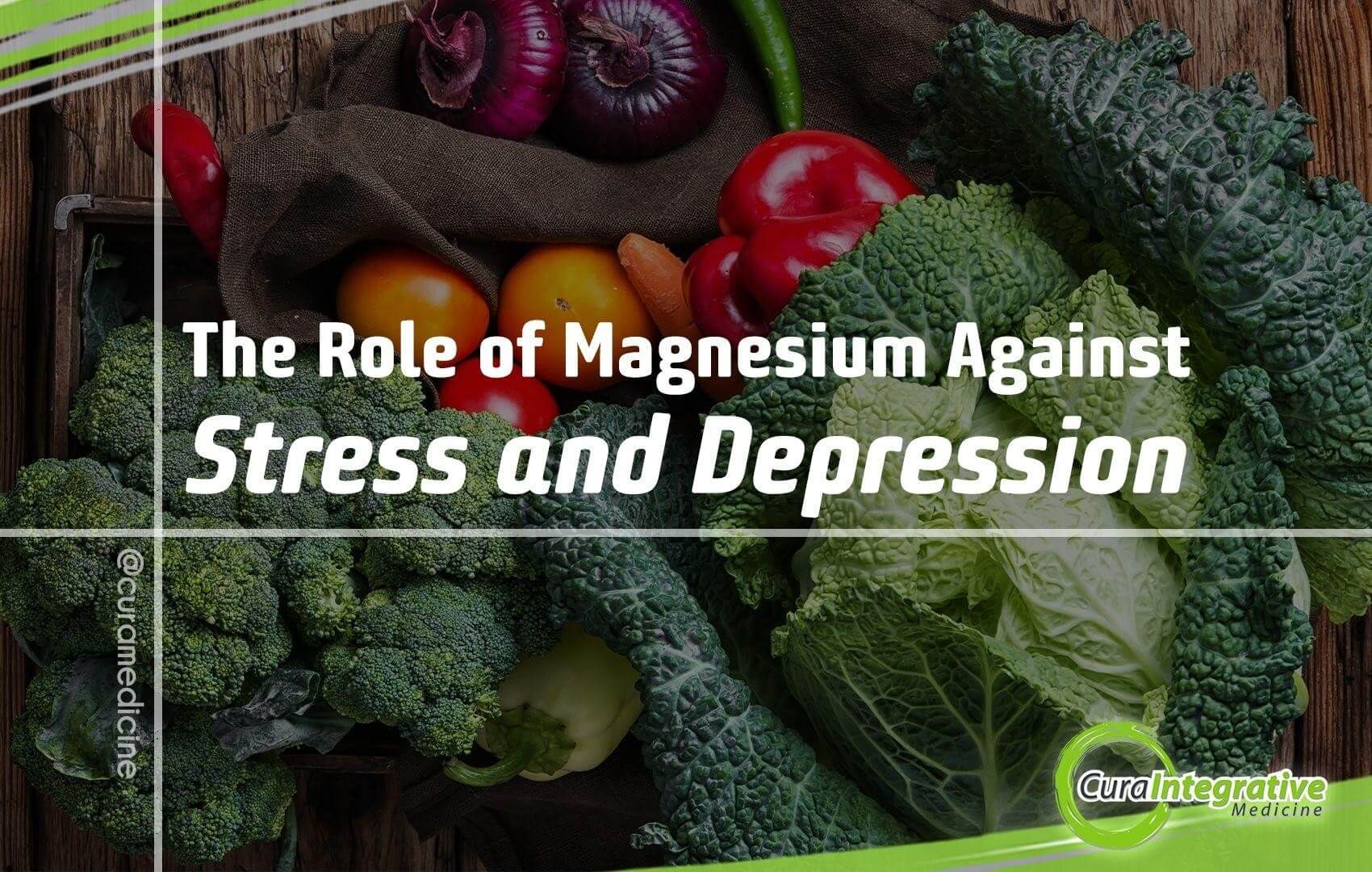Koji is a less known superfood found in a variety of macrobiotic foods. Containing Aspergillus oryzae, koji is used to make foods such as miso, amazaki and tamari. Read More…

The Role of Magnesium Against Stress and Depression
Posted 1 Feb '19
Magnesium is in every cell of the human body. In fact, it comes fourth as the most abundant mineral and plays roles in more than 300 activities, both within physically and mentally. One of these is regulating neurotransmitters in the nervous system.
Deficiency in magnesium might not be common, but intake of which is often below the RDI, or the recommended daily intake. It has been found out by the 2011-12 Australian Health Survey that one in three adults do not meet the required intake. Magnesium, fibre, some vitamins and minerals are removed when grains go through a milling plant. Treatment of hard water also removes magnesium from the supply.
Some lifestyle activities contribute to magnesium levels lowering down. Excessive intake of alcohol, caffeine, salt, and calcium, and even excessive sweating, all cause a decrease in magnesium levels. When these are low, symptoms may include irritability, sleeplessness, headache, hyperexcitability, confusion, and agitation, especially when coupled with excess stress and calcium. Deficiency in the said mineral is associated with increased depression and anxiety. In fact, the lower the magnesium levels, the higher the chances of developing depression and anxiety.
In healthy adults, primary deficiency in magnesium is rare, however, borderline deficiencies and those cases that are secondary to acute and chronic illnesses are common and are usually undiagnosed.
Everything that is linked to the LHPA axis (limbic-hypothalamic-pituitary-adrenal axis) respond to magnesium. Cortisol, adrenaline, and noradrenaline are released when the body is stressed, excreting magnesium after it moves from intracellular to extracellular space.
A study that involved more than 8,800 individuals showed that those below the ages of 65 that had the lowest magnesium intake had a much greater risk of depression. Supplementation of magnesium proved to improve depression symptoms rather quickly. Average recovery was 7 days from major symptoms with the proper supplementation of magnesium — as glycinate and taurinate, taken with each meal, and before bedtime.
Magnesium increases the GABA, or the gamma-aminobutyric acid, availability. GABA is often used to reduce anxiety or even seizures.
It also reduces the hyperexcitability of neurons by lowering the glutamate being released. When there is an imbalance in GABA and glutamate, anxiety kicks in. Magnesium protects the NMDA receptor from the excitatory effects of glutamate and calcium even without activating it. When magnesium levels are low, excitation is imminent. Magnesium supplements reduce the central and peripheral endocrine responses.
Stress, anxiety, and depression are common and debilitating. Supplementing with magnesium may provide a simple therapy that works for these mental conditions. Consult with a practitioner now for help.





